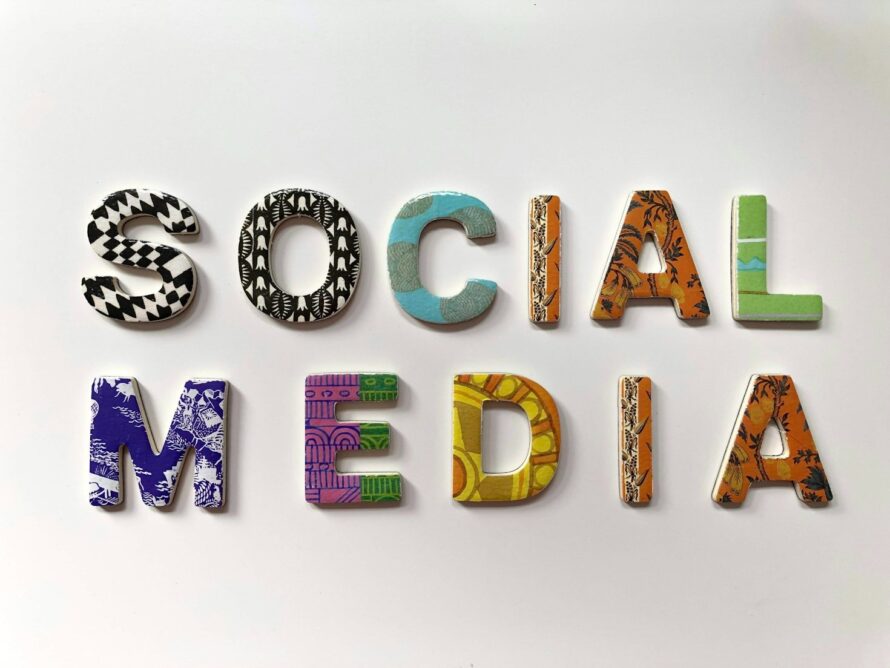The internet is more than just a network of websites—it’s a thriving ecosystem of communities where people gather, connect, and create unique cultures. From massive platforms like Reddit and Discord to niche forums dedicated to specific hobbies, online communities have reshaped how people interact and find belonging in the digital age. Each community develops its own traditions, values, and language, creating distinct cultures that can be just as meaningful as those formed in the physical world.
The Rise of Digital Gathering Spaces
Online communities began with message boards, forums, and early chat rooms, where users exchanged ideas in text-based threads. Over time, platforms like Facebook Groups, Reddit, and Discord took the concept further, offering dynamic spaces where people with shared interests could gather instantly. Today, whether you’re passionate about gaming, cooking, fitness, or obscure TV shows, there’s an online community ready to welcome you.
What makes these communities so powerful is their ability to unite people across distances. Someone in New York can share tips on gardening with someone in Tokyo, while fans of a particular band can bond across continents over their shared love for the music. These virtual gathering places often serve as digital homes for people seeking connection, validation, and shared identity.
Shared Language and Inside Jokes
One of the most fascinating aspects of online communities is the development of their own “micro-cultures.” Members often adopt slang, acronyms, or memes that outsiders might not understand. These shared references create a sense of belonging—if you know the joke, you’re part of the group.
For example, communities on Reddit often use acronyms like “OP” (original poster) or “TL;DR” (too long; didn’t read) as shorthand communication. Gaming communities use terms like “GG” (good game) or “nerf” (to weaken something in gameplay). These linguistic quirks strengthen bonds within the group while setting them apart from the broader internet.
The Role of Moderation and Rules
Every community, digital or physical, requires rules to thrive. Online spaces often establish guidelines to maintain order and ensure respectful interaction. On platforms like Discord or Reddit, moderators play a key role in shaping the community culture by enforcing rules, removing harmful content, and guiding conversations.
Rules may differ depending on the group’s purpose. A support forum for mental health may enforce strict policies against trolling or negative behavior, while a meme-sharing group may encourage humor and lightheartedness. These boundaries define the “feel” of the community and influence the type of culture that develops.
Communities as Safe Spaces
For many, online communities provide safe havens where they can express themselves without judgment. Individuals who might feel isolated in their offline lives can find acceptance and support among like-minded people online. LGBTQ+ forums, parenting groups, and chronic illness communities are examples of spaces where people share experiences, advice, and encouragement.
These supportive environments highlight the positive power of online culture: it’s not just about entertainment, but also about empathy, solidarity, and human connection.
Influence on Mainstream Culture
Interestingly, the cultures developed within online communities often spill over into the mainstream. Memes, slang, and even political movements frequently originate in niche digital spaces before gaining broader attention. For instance, fan communities have influenced music and film industries, while gaming subcultures have shaped broader conversations about technology and media.
This blending of online and offline worlds shows that internet communities are no longer separate from “real life”—they actively shape it.
The Challenges of Online Communities
Of course, digital communities are not without their challenges. Toxic behavior, misinformation, and groupthink can emerge when moderation is lacking or when negative behaviors are encouraged. The anonymity of the internet sometimes emboldens people to act in ways they wouldn’t in person, leading to conflicts or harmful interactions.
Additionally, communities can become insular, creating echo chambers where opposing viewpoints are discouraged. This can strengthen bonds within the group but also limit diversity of thought. The challenge lies in balancing inclusivity with maintaining the group’s identity.
Conclusion
Online communities are a testament to the internet’s power to bring people together. Each group develops its own culture complete with unique language, customs, and values that fosters belonging and identity among its members. From fan bases and gaming clans to support groups and professional forums, these communities enrich our digital lives and often spill into mainstream culture.
As technology continues to evolve, online communities will remain central to how people connect, create, and share. They are not just spaces for communication but hubs of culture in their own right living proof that community thrives wherever people gather, whether in person or online.


momentum as you steer the discussion to its final stages.


